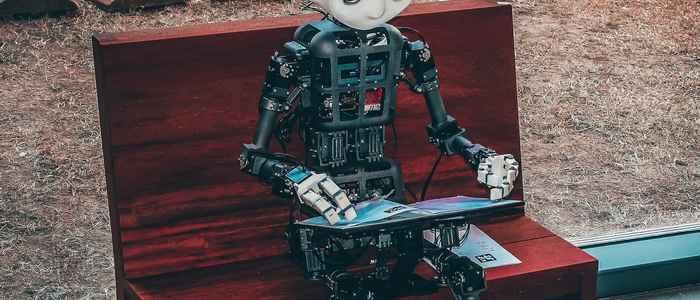
ASCA Reading groups
ASCA supports reading groups initiated by staff and PhD candidates in the field.
-

-
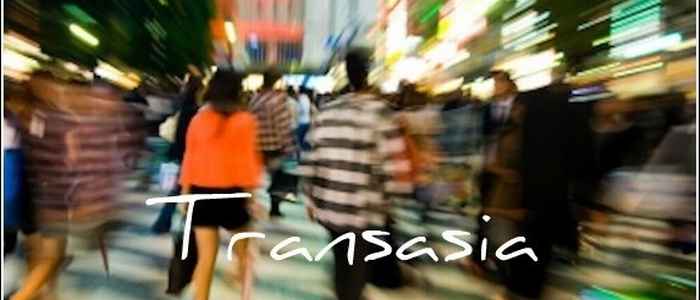
ASCA Trans-Asia cultural studies reading group
-
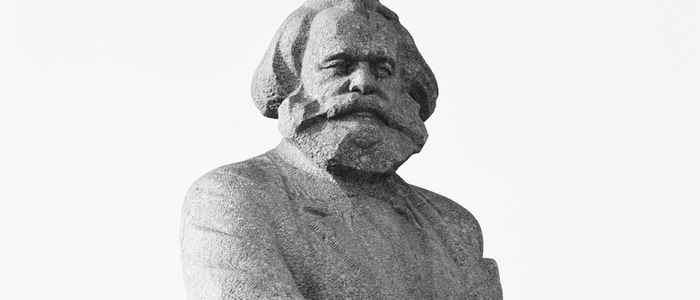
Capital: Volume II
-

Capitalism 2.0: Political Economy in Contemporary Critical Theory
-

Carceral Studies Reading Group
-
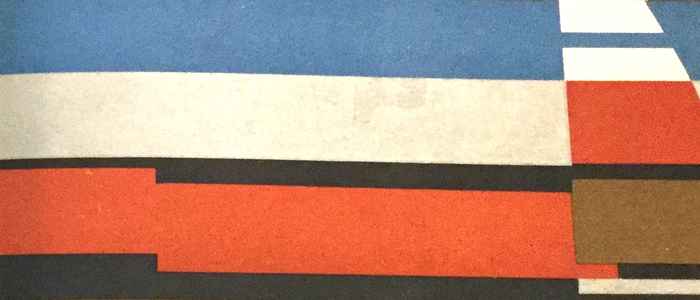
Decolonial Meridians: Art and Thought from the Global South
-

Esoteric Media
-

Form and (Dis)Order
-
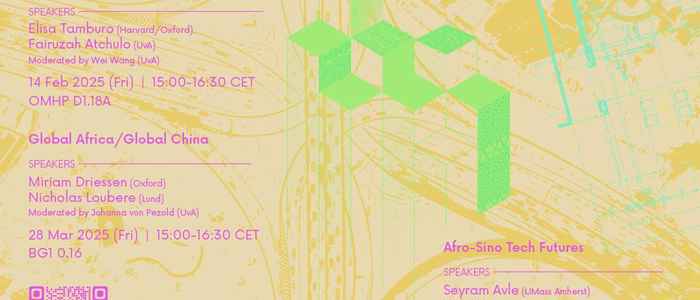
Global Africa (Putting Africa, China and interactions within the ‘multiple South(s)’ into focus)
-
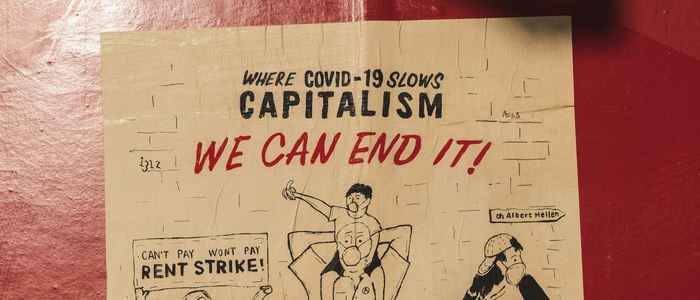
Marxist Philosophy Reading Group: Marx - Grundrisse
-
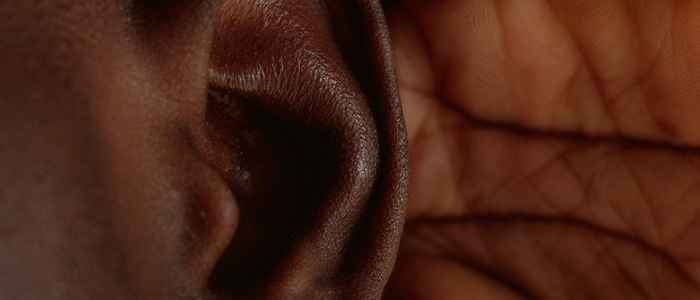
Sound Studies Reading Group
-

Speculative Fictions and (Non) Modern Futures
-

The Queer Formalism Research Group